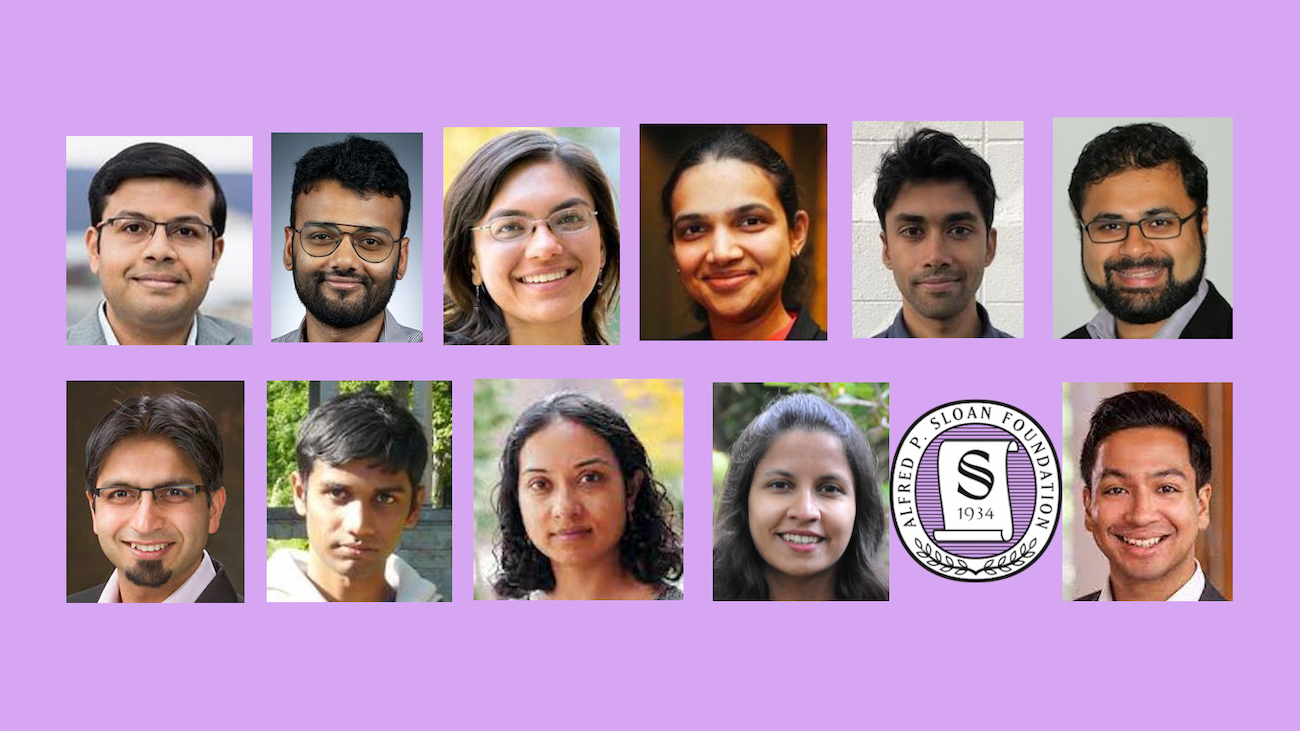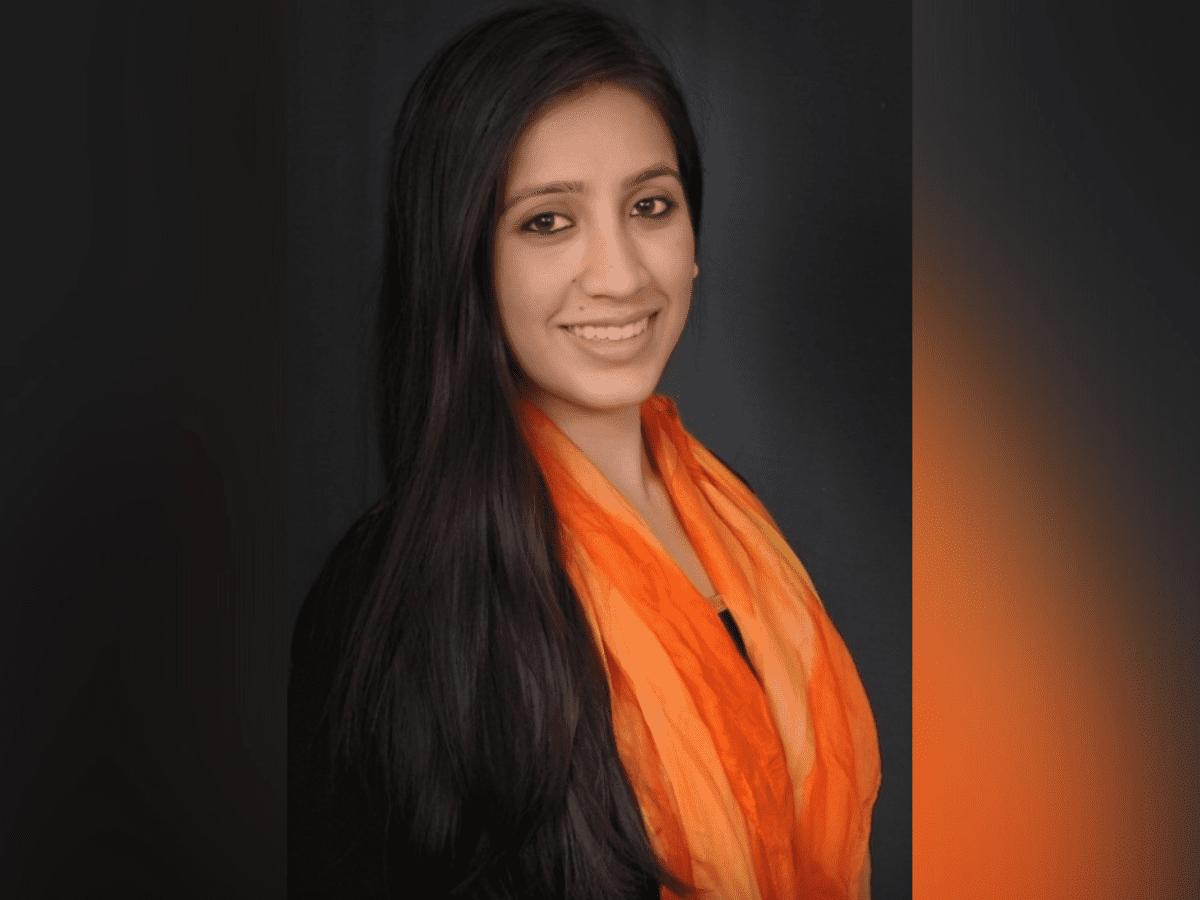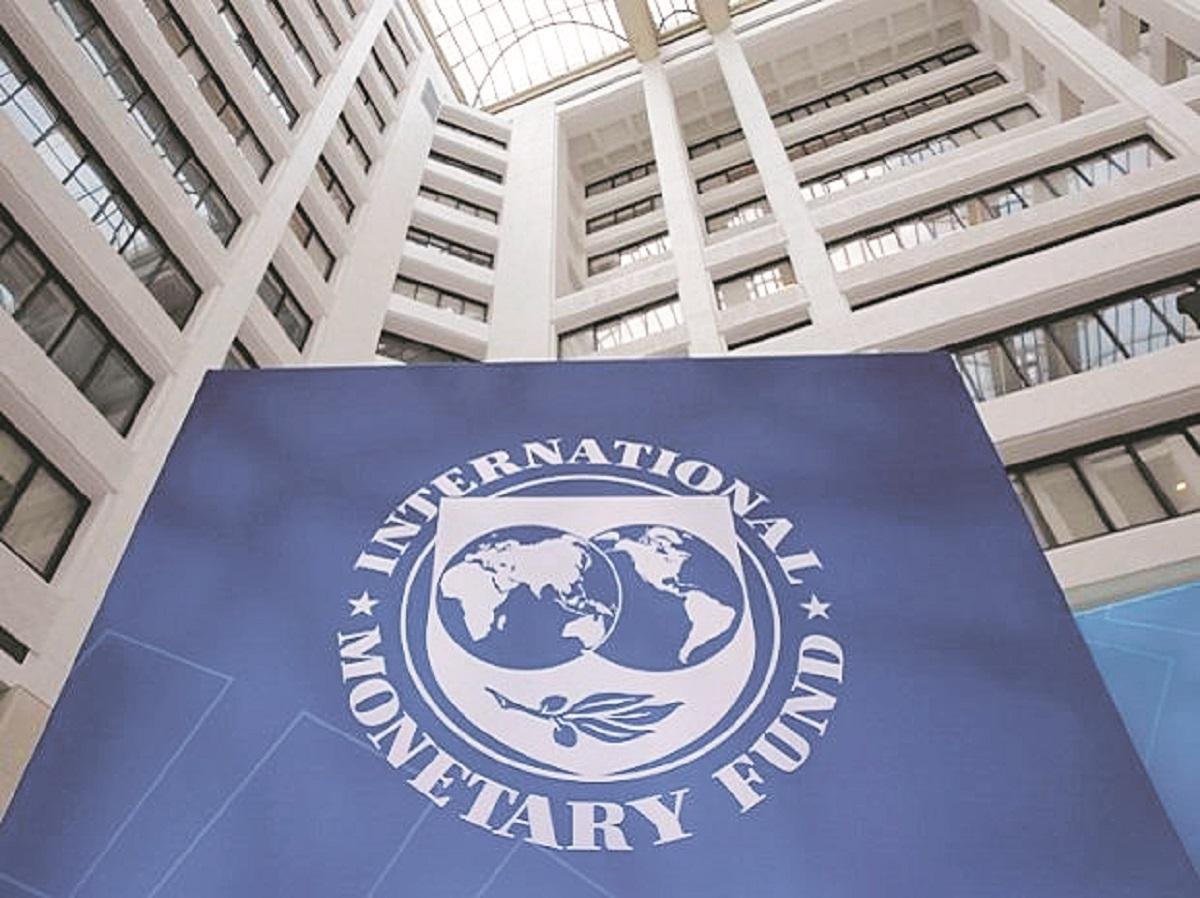The Indian American researchers include Shaama Mallikarjun Sharada, University of Southern California and Saurabh S. Chitnis, Dalhousie University (Chemistry); Anirudha Majumdar, Princeton University; Sushant Sachdeva, University of Toronto; Eshan Chattopadhyay, Cornell University; and Rashmi Vinayak, Carnegie Mellon University (Computer Science); Tripti Bhattacharya, Syracuse University (Earth System Science); Manasi Deshpande, The University of Chicago (Economics); Bhargav Narayanan, Rutgers (Mathematics); Mubarak Hussain Syed, University of New Mexico (Neuroscience); Debanjan Chowdhury, Cornell University; Tejaswi Venumadhav Nerella and Sagar Vijay, University of California, Santa Barbara (Physics).
Indian Americans and Indian Canadians are among 125 outstanding early-career researchers selected as this year’s Sloan Fellows. Awarded annually since 1955, the fellowships honour extraordinary US and Canadian researchers whose creativity, innovation, and research accomplishments make them stand out as the next generation of leaders. Winners receive $75,000, which may be spent over a two-year term on any expense supportive of their research, reported americankahani.com.
The Indian American researchers include Shaama Mallikarjun Sharada, University of Southern California and Saurabh S. Chitnis, Dalhousie University (Chemistry); Anirudha Majumdar, Princeton University; Sushant Sachdeva, University of Toronto; Eshan Chattopadhyay, Cornell University; and Rashmi Vinayak, Carnegie Mellon University (Computer Science); Tripti Bhattacharya, Syracuse University (Earth System Science); Manasi Deshpande, The University of Chicago (Economics); Bhargav Narayanan, Rutgers (Mathematics); Mubarak Hussain Syed, University of New Mexico (Neuroscience); Debanjan Chowdhury, Cornell University; Tejaswi Venumadhav Nerella and Sagar Vijay, University of California, Santa Barbara (Physics).
Fellows are drawn from a diverse range of 54 institutions across the US and Canada, from large public university systems to Ivy League institutions, to small liberal arts colleges. Candidates must be nominated by their fellow scientists and winners are selected by independent panels of senior scholars on the basis of a candidate’s research accomplishments, creativity, and potential to become a leader in their field.
Among the 13 fellows is Shaama Mallikarjun Sharada, the WiSE Gabilan Assistant Professor in the Mork Family Department of Chemical Engineering and Materials Science at the University of Southern California. Her research focuses on developing catalysts and photocatalysts to meet energy efficiency and sustainability goals. She received her undergraduate degree in Chemical Engineering from the Indian Institute of Technology, Bombay, and Ph.D. from the University of California at Berkeley, where she also served as a software developer for Q-Chem, a quantum chemistry package. She was a postdoctoral researcher at Stanford University before joining USC in Fall of 2017.
Saurabh Chitnis is Assistant Professor at the Department of Chemistry at Dalhousie University in Nova Scotia, Canada, describes himself as an “inorganic chemist,” who “explores the part of the periodic table that doesn’t get a lot of attention,” as reported by Dal News.
Eshan Chattopadhyay is an assistant professor in the Department of Computer Science at Cornell University. His main research area is computational complexity theory, a discipline within theoretical computer science that tries to understand the intrinsic hardness – or ease – of problems concerning computational resources. His research has made advances in finding efficient ways to generate truly random bits that are crucial for real-world applications – such as secure transactions over the internet – and understanding how to come up with generic ways of reducing the amount of randomness required in algorithms. Future work will explore the intrinsic need for randomness for efficient algorithm design.
Anirudha Majumdar is an assistant professor of mechanical and aerospace engineering at Princeton University works on building autonomous robotic systems. “Currently, most robots are deployed in tightly controlled environments, like factories. Majumdar and his lab are working to build drones and other robots that can operate safely in a more complex environment, enabling them to see obstacles and adapt to diverse and changing conditions,” according to a university press release. Majumdar joined the Princeton faculty in 2017 and leads the Intelligent Robot Motion Lab. He received a doctorate from the Massachusetts Institute of Technology, a bachelor’s degree from the University of Pennsylvania and postdoctoral research in Stanford University’s Autonomous Systems Lab.
Rashmi Vinayak is an assistant professor in the Computer Science Department at Carnegie Mellon University. She is part of both the Systems group and the Theory group. She leads the CMU TheSys research group, and is also a part of the Parallel Data Lab (PDL). Her research interests broadly lie in computer/networked systems and information/coding theory, and the wide spectrum of intersection between the two areas. Her current focus is on robustness and resource efficiency in data systems spanning across the system stack including storage, communication, and computation. She received her Ph.D. from UC Berkeley in 2016 where she worked on resource-efficient fault tolerance for big-data systems, and was a postdoctoral scholar at UC Berkeley’s AMPLab/RISELab from 2016-17.
Sushant Sachdeva is an assistant professor of Mathematical and Computational Sciences at the University of Toronto, Mississauga, and a faculty affiliate at the Vector Institute. His interests include algorithms and their connections to optimization, machine learning, and statistics. His recent research focuses on the design of fast algorithms for graph problems. Before joining the University of Toronto, he was a research scientist at Google.
Sagar Vijay describes himself as “a theorist in the realm of condensed matter physics”. He is interested in the interactions of collections of atoms — interactions that can produce fascinating phenomena and states of matter. He said he was “honored to have been selected for a Sloan Research Fellowship,” and he’s “excited to use this award to advance our fundamental understanding of quantum entanglement and its macroscopic manifestations in both ordinary matter and programmable quantum devices.”
Tripti Bhattacharya, Thonis Family Professor and a member of the Earth and environmental sciences faculty at Syracuse University, uses evidence from the geological past to understand how rainfall will change in the future as a result of global warming. She told the university newspaper that the Sloan Fellowship comes at a crucial time for her research team. Since joining the university in 2018, Bhattacharya has been awarded over $2 million in research funding. Among many distinctions, she was recognized with the University’s Meredith Teaching Recognition Award in 2021 and has been an invited presenter at the American Geophysical Union Annual Meeting in 2019, 2020 and 2022. She also served as one of eight leading climate scholars at a workshop organized by the National Academies of Sciences, Engineering and Medicine.
Manasi Deshpande is an assistant professor in Economics at the University of Chicago. Her research areas are empirical public finance and labor economics, with a focus on the effects of social insurance and public assistance programs and their interaction with labour markets. Recently published studies include “Does Welfare Prevent Crime? The Criminal Justice Outcomes of Youth Removed from SSI” (with Michael G. Mueller-Smith), in the Quarterly Journal of Economics, and “Beyond Health: Non-Health Risk and the Value of Disability Insurance” (with Lee M. Lockwood) in Econometrica. Deshpande received her Ph.D. in Economics at MIT and has been at the University of Chicago since 2016. She is also Co-Director of Graduate Placement in the Kenneth C. Griffin Department of Economics.
Bhargav Narayanan, assistant professor of Mathematics at New Jersey’s Rutgers University is “broadly interested in combinatorics, probability theory and related areas in statistical physics and theoretical computer science. Before moving to Rutgers, he was a research fellow at St John’s College, Cambridge and a member of its Department of Pure Mathematics and Mathematical Statistics. He received his Ph.D. from the University of Cambridge. He also has a Master’s in Math from Cambridge and a BTech in Computer Science from the Indian Institute of Technology, Madras.
Mubarak Hussain Syed is an assistant professor of Biology at The University of New Mexico. He and his team in the Neural Diversity Lab investigate the genetic and molecular mechanics regulating neural diversity from stem cells to neural circuits. The findings will help uncover the fundamental principles of nervous system development and potentially to understand and treat neurodevelopmental disorders such as epilepsy, schizophrenia, ADHD, and autism.
Debanjan Chowdhury from Cornell University is a theoretical physicist interested in addressing the fundamental principles that govern the emergence of new collective phenomena involving trillions of interacting electrons in solid-state materials. His main focus is developing theoretical methods that can describe and predict the quantum behavior of electrons leading to exotic forms of superconductivity and magnetism.
Tejaswi Venumadhav Nerella and Sagar Vijay are assistant professors in the Department of Physics at the University of California, Santa Barbara. As a theoretical astrophysicist, his explorations involve gravitational waves and cosmology. He scours data collected by gravitational wave detectors such as LIGO and VIRGO for ripples in spacetime caused by collisions of massive and dense compact objects like black holes and neutron stars.
Sagar Vijay describes himself as “a theorist in the realm of condensed matter physics”. He is interested in the interactions of collections of atoms — interactions that can produce fascinating phenomena and states of matter. He said he was “honored to have been selected for a Sloan Research Fellowship,” and he’s “excited to use this award to advance our fundamental understanding of quantum entanglement and its macroscopic manifestations in both ordinary matter and programmable quantum devices.”
**************************************************************
Readers
These are extraordinary times. All of us have to rely on high-impact, trustworthy journalism. And this is especially true of the Indian Diaspora. Members of the Indian community overseas cannot be fed with inaccurate news.
Pravasi Samwad is a venture that has no shareholders. It is the result of an impassioned initiative of a handful of Indian journalists spread around the world. We have taken the small step forward with the pledge to provide news with accuracy, free from political and commercial influence. Our aim is to keep you, our readers, informed about developments at ‘home’ and across the world that affect you.
Please help us to keep our journalism independent and free.
In these difficult times, to run a news website requires finances. While every contribution, big or small, will makes a difference, we request our readers to put us in touch with advertisers worldwide. It will be a great help.
For more information: pravasisamwad00@gmail.com








